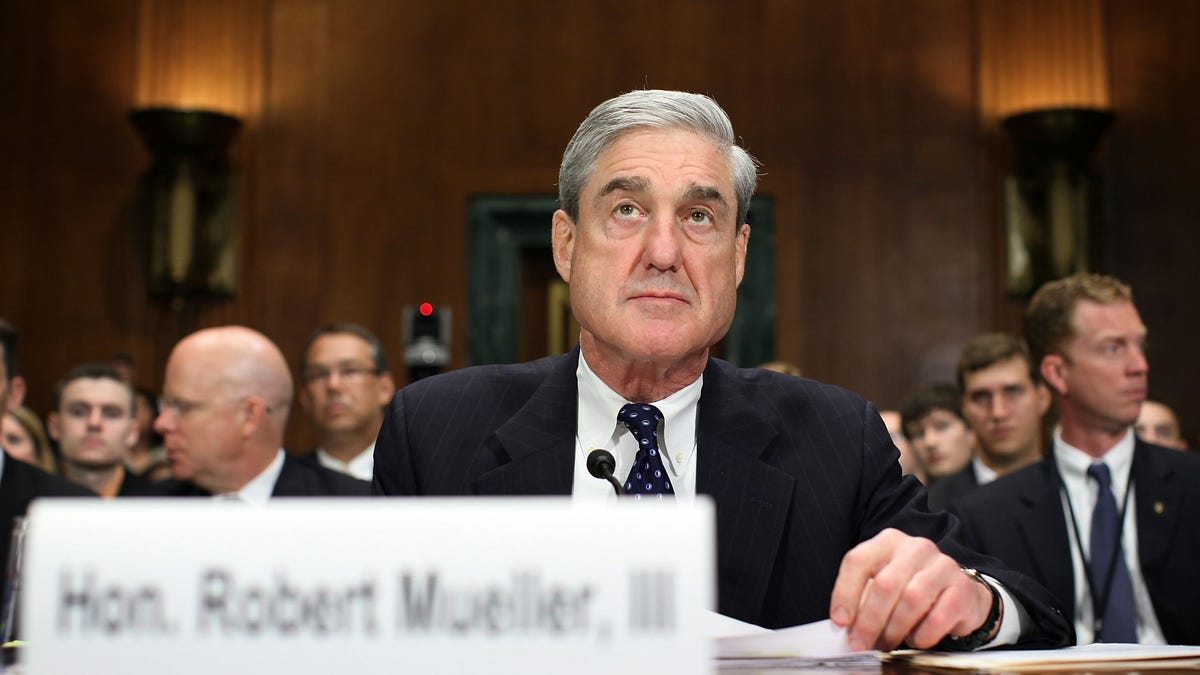Google fights FBI's warrantless data requests in federal court
It's the first major company to openly challenge FBI's warrantless data-gathering known as national security letters, which authorize a gag order ruled unconstitutional by a federal judge.

Google has undertaken what appears to be a legal first: an open court challenge by a major Internet company to a warrantless electronic data-gathering technique used by the FBI.
The company asked U.S. District Judge Susan Illston in San Francisco last week to grant a "petition to set aside legal process" in response to a national security letter it received from the FBI.
National security letters allow FBI officials to send a secret request to Web and telecommunications companies requesting "name, address, length of service," and other information about users as long as it's relevant to a national security investigation. No court approval is required, and disclosing the existence of the FBI's request is not permitted.
Because of the secrecy requirements, documents in the San Francisco case are almost entirely under seal. Petitions "filed under Section 3511 of Title 18 to set aside legal process issued under Section 2709 of Title 18 must be filed under seal because Section 2709 prohibits disclosure of the legal process," Google attorney Kevan Fornasero wrote in the filing, according to Bloomberg, which was the first to report on the legal challenge.
Illston is the same federal judge who dealt a harsh blow to the bureau's use of NSLs in a case (PDF) last month brought by the Electronic Frontier Foundation on behalf of an unnamed telecommunications company.
EFF had challenged the constitutionality of the portion of federal law that imposes non-disclosure requirements and limits judicial review of NSLs. Illston ruled that the NSL requirements "violate the First Amendment and separation of powers principles," and barred the FBI from invoking that language "in this or any other case." She did, however, give the Justice Department 90 days to appeal.
The new legal challenge comes a month after Google became the first company to disclose summary statistics about the NSLs it received from the FBI.
Google effectively put the FBI on notice at the time by saying its interpretation of the law means agents may not use an NSL to "obtain anything else from Google, such as Gmail content, search queries, YouTube videos or user IP addresses." The FBI seems to use NSLs more broadly than that: the NSL (PDF) sent to Merrill asked for "electronic communication transactional records," a phrase that would sweep in IP addresses and e-mail and Web browsing logs.
While the FBI's authority to levy NSL demands predates the Patriot Act, it was the 2001 law that dramatically expanded NSLs by broadening their use beyond espionage-related investigations. The Patriot Act also authorized FBI officials across the country, instead of only in Washington, D.C., to send NSLs.
When Nicholas Merrill, who ran an Internet provider, challenged the gag order as unconstitutional, a federal judge in New York ruled the secrecy orders were an "unconstitutional prior restraint of speech in violation of the First Amendment," prompting Congress to rewrite portions of the law. The Internet Archive subsequently fended off an FBI NSL request for "any electronic communication transactional records" with the help of the ACLU and EFF.
A 2007 report by the Justice Department's inspector general found "serious misuse" of NSLs, and FBI director Robert Mueller pledged stricter internal controls. Mueller has called the investigative technique invaluable. It's a "proven and useful investigative tool," he said at the time.
An inspector general's report (PDF) found that the FBI made 50,000 NSL requests in 2006, which provides only a partial glimpse of how the data-gathering power is used: one NSL could request a large collection of documents, for instance.

